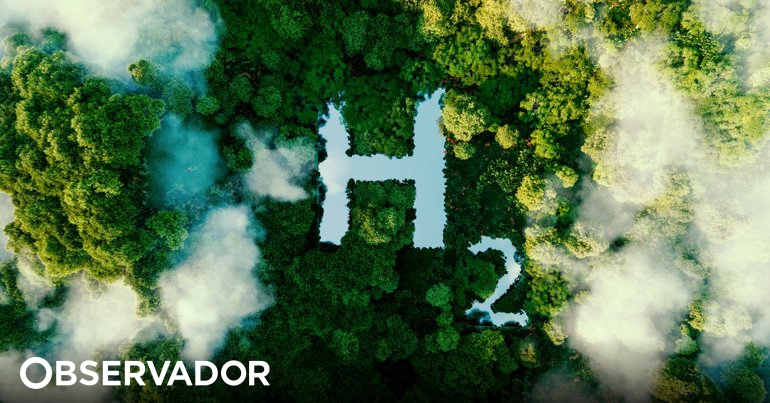
Researchers in Japan have presented a way to save the use of the rare metal iridium in hydrogen production, which could allow the gas to be produced on a large scale, indicates a study released this Thursday.
Large-scale “green” hydrogen production, important for the energy transition to sustainable technologies, is difficult because it requires iridium, an extremely rare metal, but the method presented by researchers led by Ryuhei Nakamura of the RIKEN Center for Resource Science (CSRS), in Japan, reduces the amount of iridium needed for the chemical reaction by 95%, without changing the rate of hydrogen production.
The researchers managed to stabilize the production of green hydrogen (so called if it is generated using renewable energy) at a relatively high level, using a form of manganese oxide as a catalyst for the chemical electrolysis reaction that extracts hydrogen from water. However, they recognize that they still there are many years left to achieve industrial production this way.
“This discovery could revolutionize our ability to produce environmentally friendly hydrogen and help create a carbon-neutral hydrogen economy”, say the researchers in the study that will be published on Friday in the journal Science, remembering that hydrogen is a renewable energy source and that it exists on a large scale, although the its production does not yet rival fossil fuels.
To extract hydrogen from water you need a catalyst that causes a chemical reaction. The most efficient catalysts are rare metals, with iridium being the most efficient, but so rare that using it for hydrogen to reach an energy production scale of the order of terawattsas it is produced today from fossil fuels, it will take 40 years, said Shuang Kong, co-author of the research.
“We need a way to bridge the gap between electrolyzers based on rare metals and those based on common metals (…) for green hydrogen to be completely sustainable,” said Ryuhei Nakamura.
The technique presented in the study does this, combining manganese with iridium. The researchers discovered that spreading iridium atoms into manganese oxide allows the rate of hydrogen production to be maintained at the same level as when only iridium is used, but with 95% less iridium.
With the new catalyst, continuous hydrogen production was possible for more than 3,000 hours (about four months) with an efficiency of 82% without degradation.
“The unexpected interaction between manganese oxide and iridium was the key to our success,” said study co-author Ailong Li.
Source: https://observador.pt/2024/05/09/investigadores-no-japao-descobrem-forma-de-produzir-hidrogenio-reduzindo-uso-de-metal-raro/

